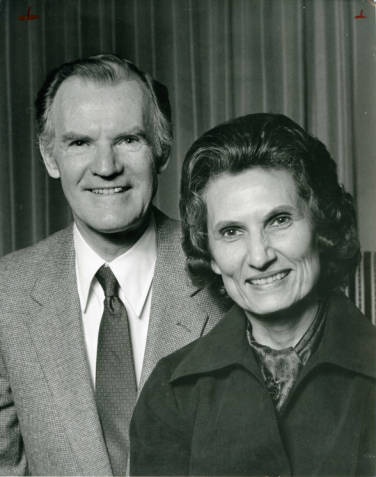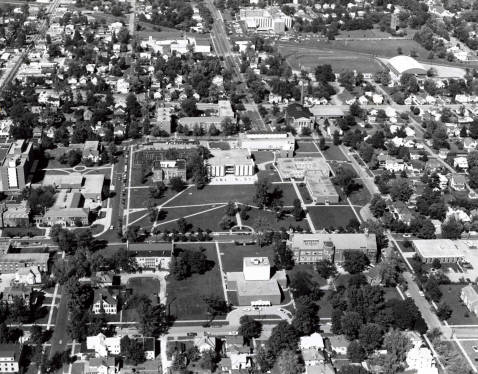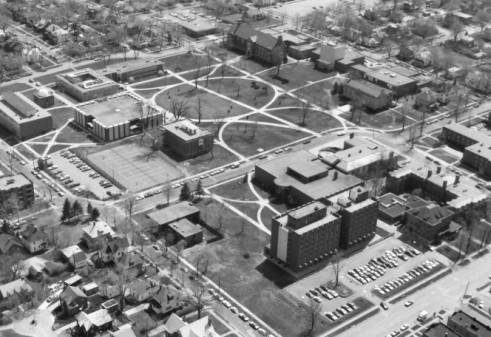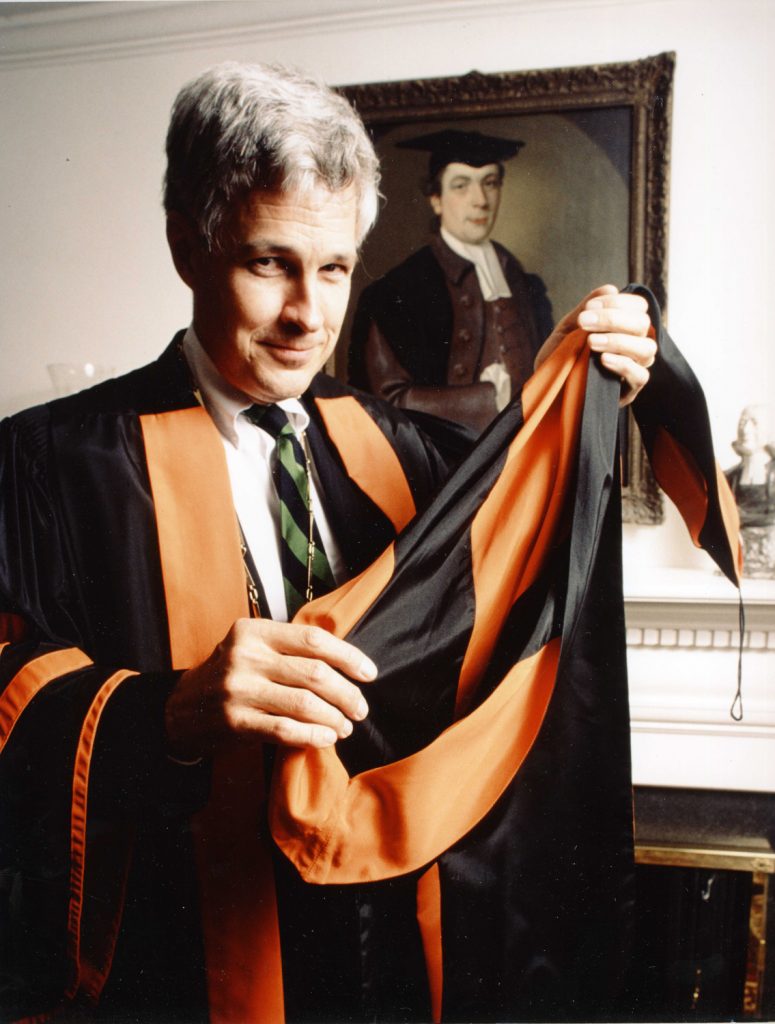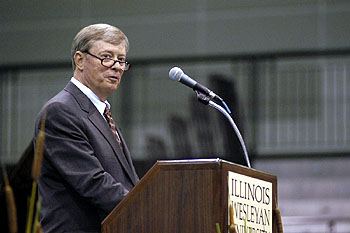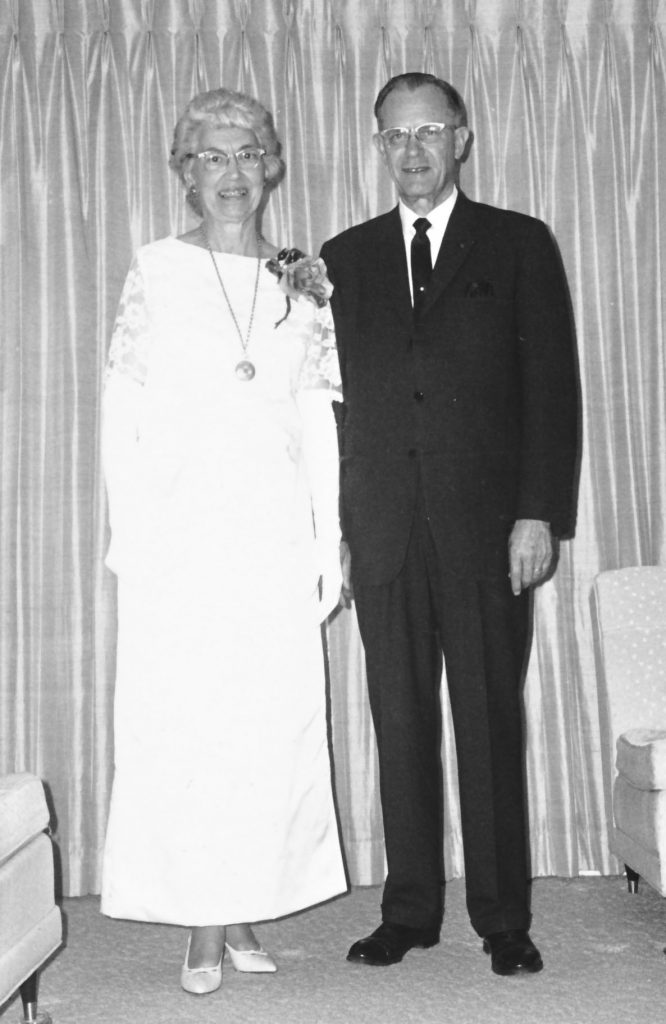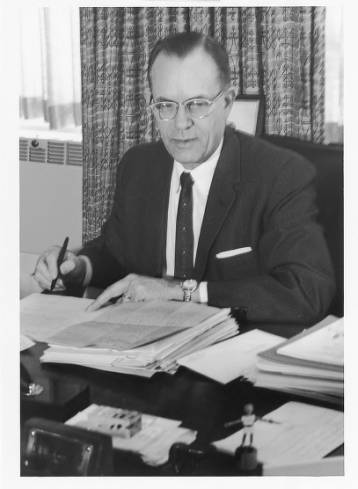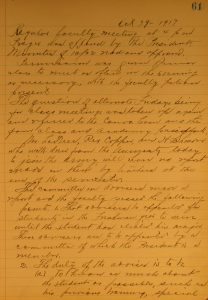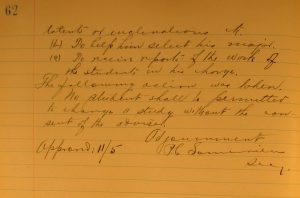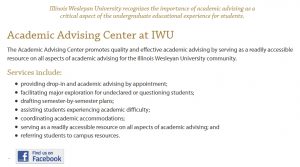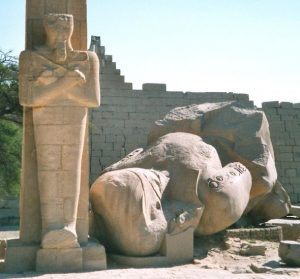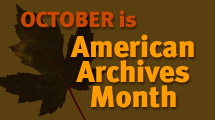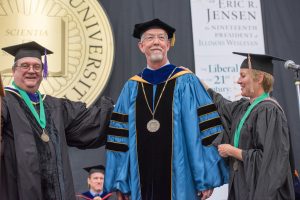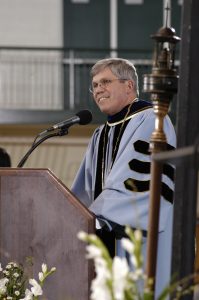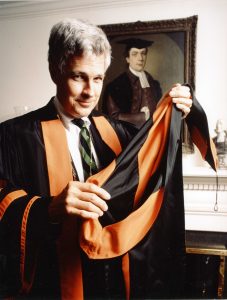
Happy May Day!
The Society of American Archivists promotes May 1 as a day for all cultural heritage institutions to take time to consider how well their collections are protected.This year there’s a twist: a call for support of the SSA-SAA Emergency Disaster Assistance Grant Fund. The Society of Southwest Archivists and the Society of American Archivists created the fund to address the stabilization and recovery needs of archival repositories affected by Hurricane Katrina.
To learn more about this collaboration, including how to receive funding, visit the SAA page that describes the program. If you are able to assist our colleagues by donating to the fund, please click here.
Below are some tips from the Library of Congress on how you can help save the digital objects that mean the most in your life:
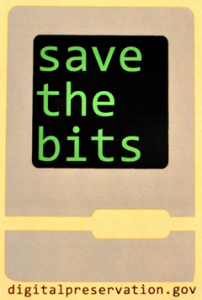
Visit http://digitalpreservation.gov/personalarchiving/ for more details!
Digital objects are not durable–threats to them include but are not limited to losing account access (third party providers can disappear at any time) and losing the ability to read file formats and media due to obsolescence.
Digital files can’t be placed on a virtual shelf and forgotten. All digital preservation strategies include specific ways to record as much information about the original file as possible.
Digital objects proliferate so take time to organize versions and apply standard names to your files. It is often difficult for archivists to arrange digital files other than by creation date, but creators have the first-hand knowledge required to identify and arrange versions of their works.
STEPS YOU CAN TAKE:
-
- Retain original physical media. Never dispose of physical media and never copy over original bit streams. Even if files are unreadable today, new technology may enable archivists to view “unreadable” files in the near future.
-
- Migrate files to new software and hardware. The easiest way to increase the longevity of digital material is migration, or the transfer of materials from one hardware and software configuration to the next generation of hardware and/or software. Files stored on 5.5″ or 3.5″ floppy disks should be transferred to a hard drive and a back-up. Migrate files written in older software to newer versions of open-source or standard software. It is desirable to retain at least two versions of migrated digital files: one in its original software format (this is the “original” bit stream) and one in a more current software format. If you purchase a new computer, migrate files from the old hard drive to the new one. Migration to a CD is not an effective solution as the life of a CD is rather short.
-
- Avoid specialized software.Migration can be hindered if the original files were not saved in a standard format. Although non-proprietary formats are the best options for saving digital files (e.g., ASCII or Rich-Text Format (RTF)), Microsoft Office products also serve as de-facto standards due to their prevalence. For images, we recommend using file standards such as Tag Image File Formats (TIFF) or Portable Network Graphics (PNG) files.
-
- Never compress or encode your data.Compression and encoding provide one more obstacle to preserving electronic material. Electronic material should be as transparent as possible to facilitate preservation. Compression and encoding software prevents others from readings your data, including archivists

